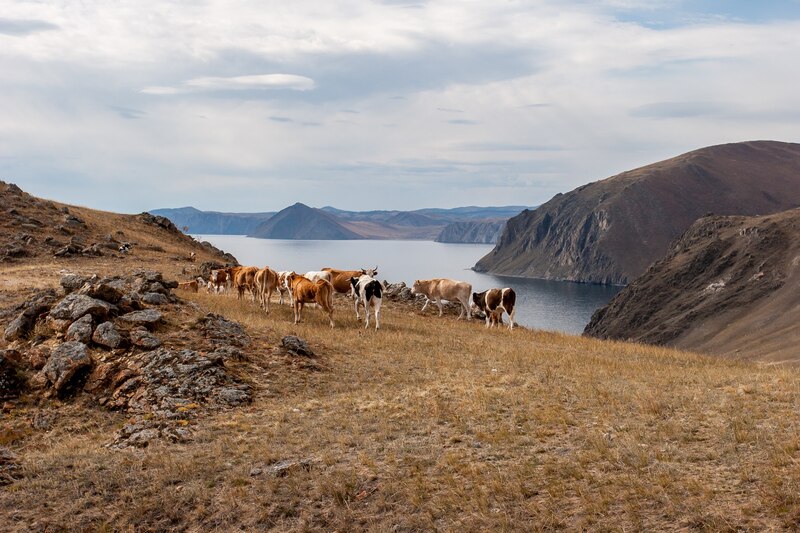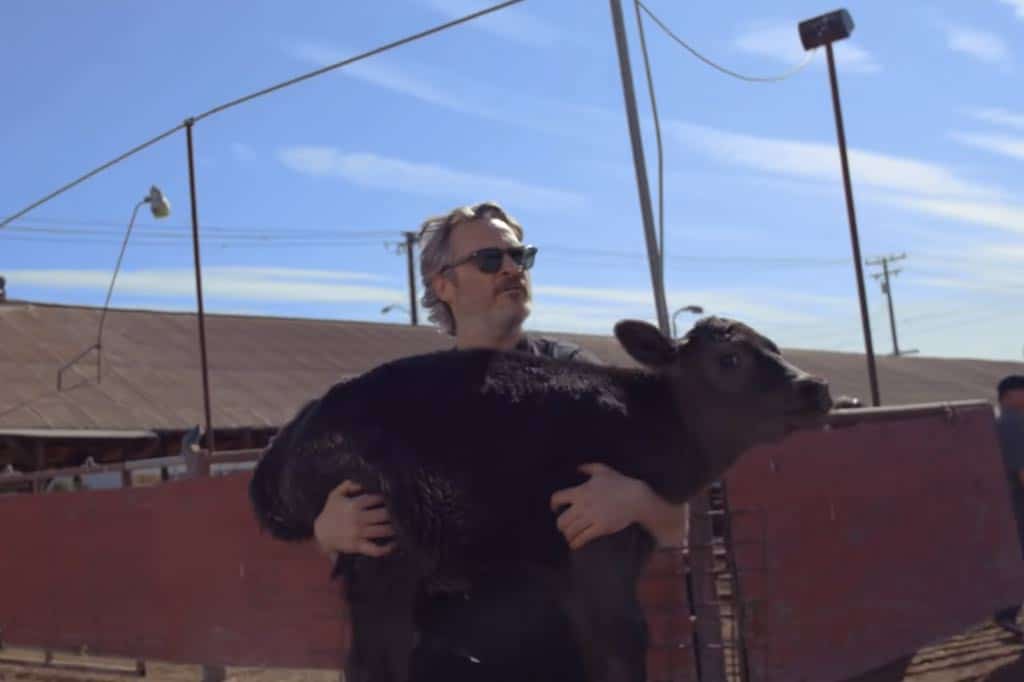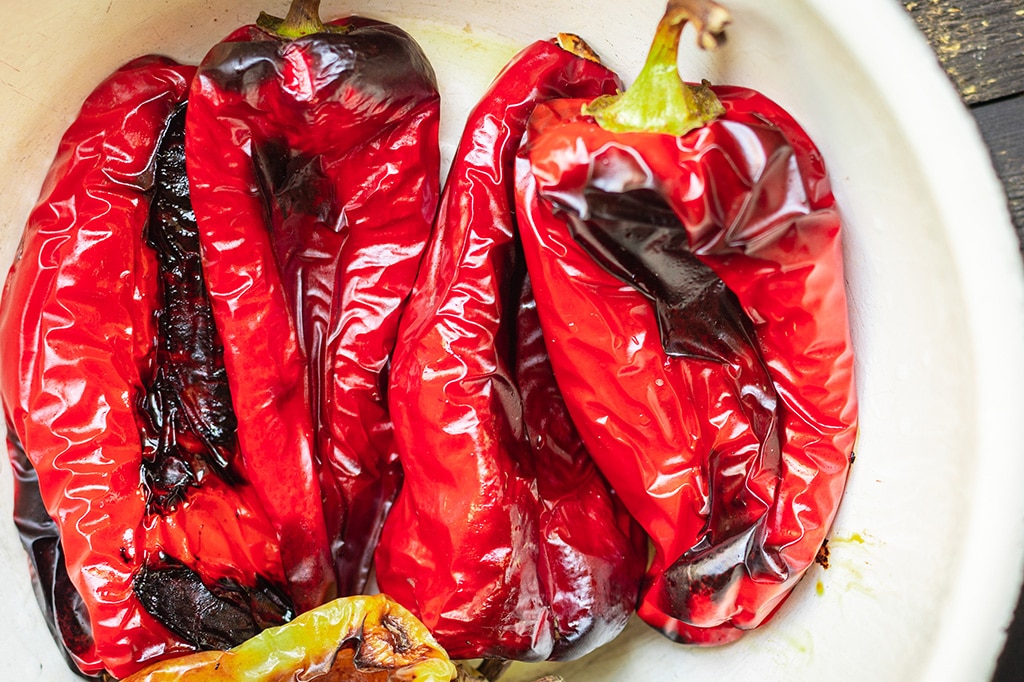Will climate change, which has already caused a halt in the production of French Salers cheese due to drought conditions, ultimately be the factor that causes animal agriculture to fail?
This year will mark the first time in the cheese’s two millennia-long histories that it will not be manufactured in the country of France. This is because the climate crisis has led to drought conditions, which prevent the manufacture of this particular type of cheese. To maintain its appellation origin protégée, often known as its certification of authenticity, Salers cheese must be made from the milk of cows from the Auvergne area of France that are allowed to roam freely on grass.
What’s the issue? Because of the extraordinarily high summer temperatures, there is a dearth of green grass in the area. As a result, the majority of the 76 farmers in the area are unable to meet the requirements for producing Salers cheese, which must contain at least 75% milk from cows that graze on local grass.
According to one of the farmers in the area named Laurent Roux, who spoke with the regional radio station France Bleu, “There’s nothing left to eat.” The landscape is so parched that in some areas it has the appearance of ash. “It’s just dust”.

Climate crisis and animal agriculture
This year has seen temperatures surpass previous highs set not only in France but also in many other countries of the world. According to the US Drought Monitor, the majority of the United States is currently experiencing widespread droughts, with extreme droughts affecting vast swathes of the states of California, Utah, Nevada, and Texas. This phenomenon is similar to what is occurring in the Auvergne region.
The disruption of industrial animal agriculture caused by rising temperatures has taken many forms. After being exposed to temperatures of more than 100 degrees for extended periods in June, it is estimated that 2,000 cows in Kansas perished from heat exhaustion. It has been reported that these cow carcasses were going to be deposited into unlined pits, which presents an additional environmental threat to the groundwater in the surrounding area.
On the opposite end of the scale, floods caused by climate change have led to situations that are lethal for cows and other animals that are used for human consumption around the world. According to reports from a regional Australian broadcasting station, around 10,000 cows died as a result of the harsh conditions that occurred this spring in the region of New South Wales.
Ironically, the global animal agriculture business is a key contributor to the climate issue that is currently generating these disastrous disruptions. This is because animal agriculture relies heavily on the use of fossil fuels. Climate scientists have made the prediction that all of these situations, along with others, will persist and become even more severe if significant changes do not take place.
The most recent assessment from the Intergovernmental Panel on Climate Change (IPCC) was published in April, and it issued a dire warning that time is running out for mankind to prevent the most severe effects of climate change. The analysis suggests that to save the earth, methane emissions should be reduced by one-third by the year 2030. A significant portion of these emissions come from animal agriculture. Additionally, the research strongly recommends that governments all around the world prioritize reorienting their consumption patterns away from animal agriculture.
As a potential answer, a treaty-based on plants
In response to the ongoing climate crisis, some geographic areas have decided to take action by endorsing the Plant Based Treaty (PBT), which is an initiative that will be launched in 2021 and is predicated on the following three principles: relinquishes, which means to stop allocating resources to the expansion of animal agriculture; redirect, which means to actively transition from animal-based agriculture to agriculture based on plants; and restore (a push for the restoration of ecosystems destroyed by animal agriculture).

This past week, the town of Haywards Heath in West Essex, England made history by becoming the first municipality in Europe to support the PBT. Following their endorsement of the Veganuary movement in January 2022, the Town Council is currently developing measures to combat the climate issue in the region that are founded on the principles of the PBT. According to Green Councilor Dr. Richard Nicholson, who was the one who initially submitted the PBT to the Climate Change Committee, “The Climate Issue is no longer a distant future threat but an existential crisis that is upon us in 2022.” This was declared in a statement. The South East of England saw the hottest summer temperatures in recorded history, and as a result, homes and businesses in the region were severely damaged by fire and water.
PBT Communications Director Nicola Harris is urging governments all over the world to follow the example set by the town by endorsing the treaty and enacting changes to transition away from environmentally damaging foods and practices. The town is an early adopter of the treaty and has already endorsed it.
“The decision made by Haywards Heath to call for immediate global action on plant-based solutions to the climate crisis is a clear demonstration of the company’s leadership. “Those who are currently enduring the debilitating repercussions of climate change will welcome it with open arms,” Harris said in a statement. “This summer’s record-breaking temperatures of 40 degrees Celsius and above serve as a sobering warning that reductions in emissions from fossil fuels and animal agriculture cannot come fast enough. One in three of humanity’s methane emissions are directly attributable to livestock agriculture. Therefore, we need collaboration on all levels—local, national, and international—to reduce emissions connected to food by switching to diets based on plants, with the additional push coming from efforts to reduce food waste.
Since it was first introduced, the PBT has garnered widespread support from a diverse range of individuals and organizations, including 43,000 individual endorsers, five Nobel laureates, scientists from the IPCC, more than 800 NGOs and community groups, 700 businesses, and celebrity activists such as Paul, Mary, and Stella McCartney. The McCartney family has issued a unified statement in which they have stated, “We believe in justice for animals, the environment, and humans.” “Because of this, we are in favor of the PBT, and we strongly encourage both individuals and governments to sign it.”








